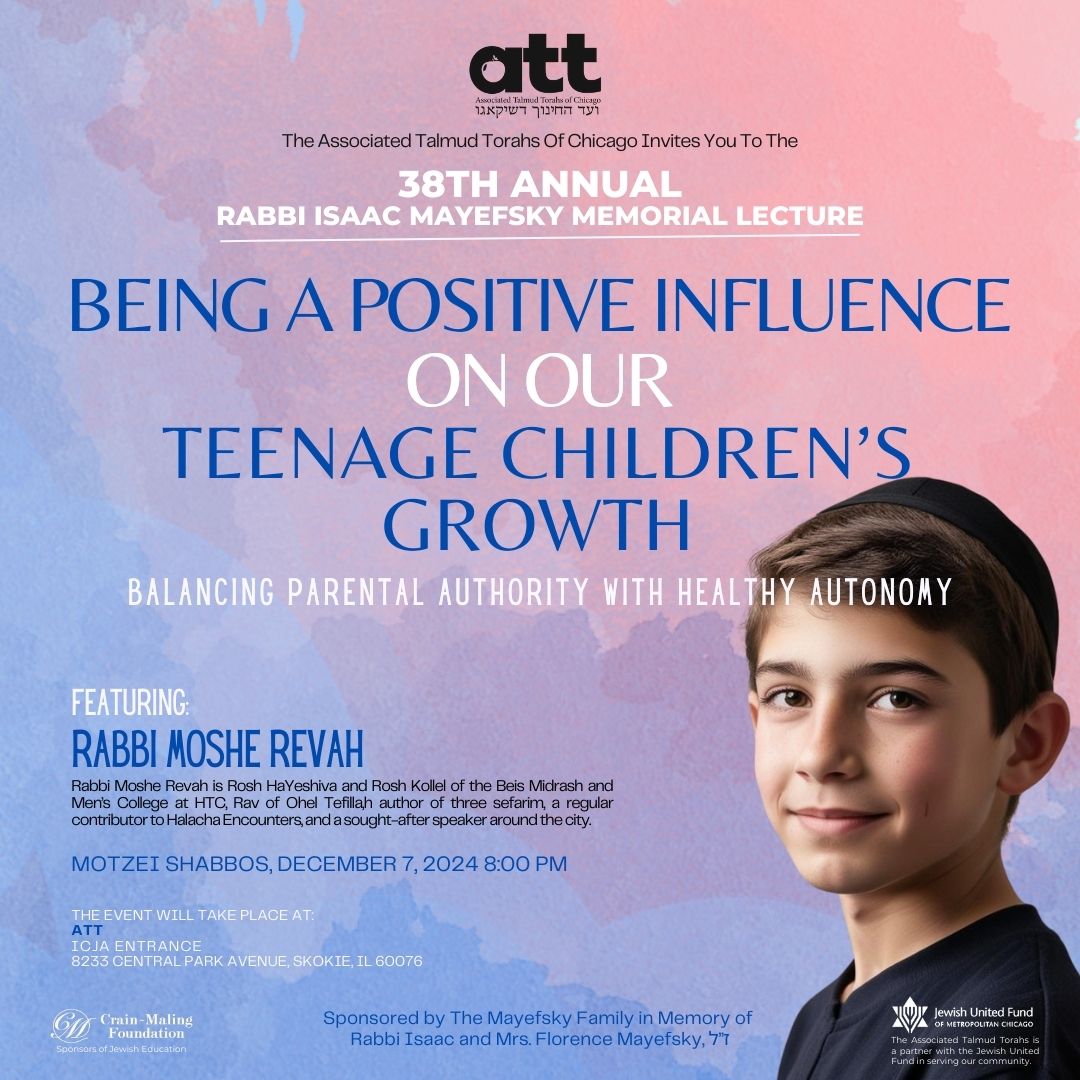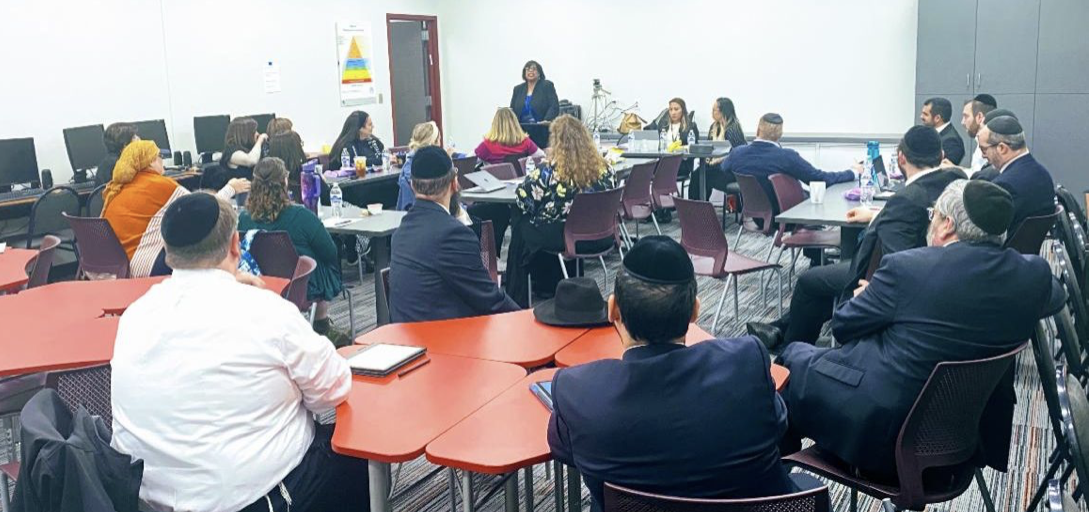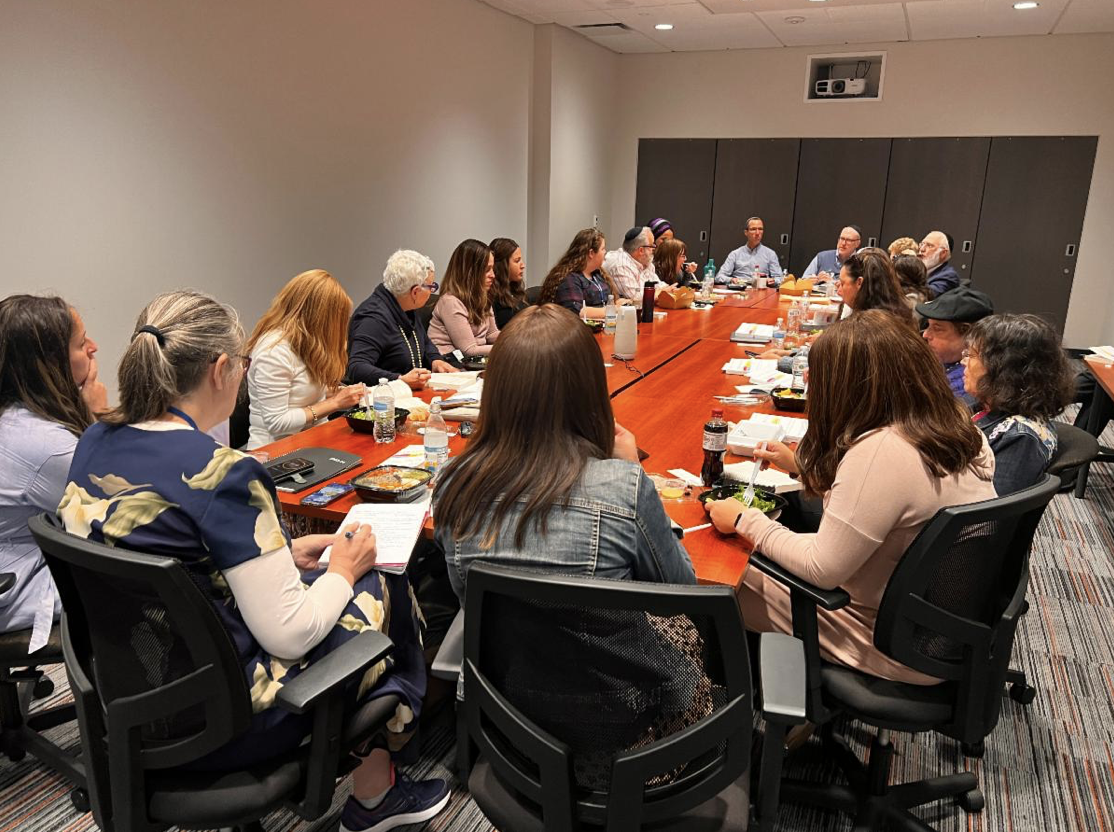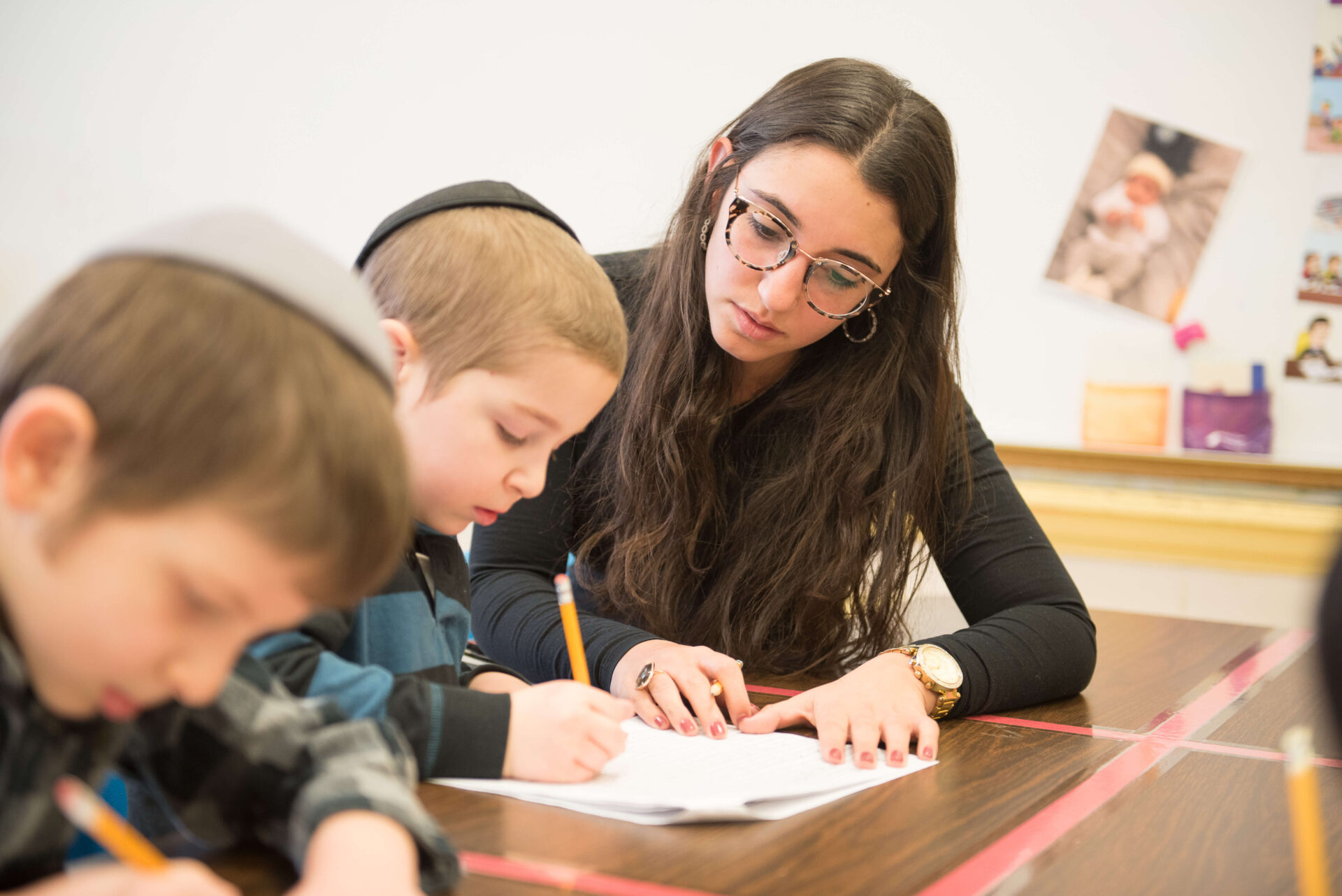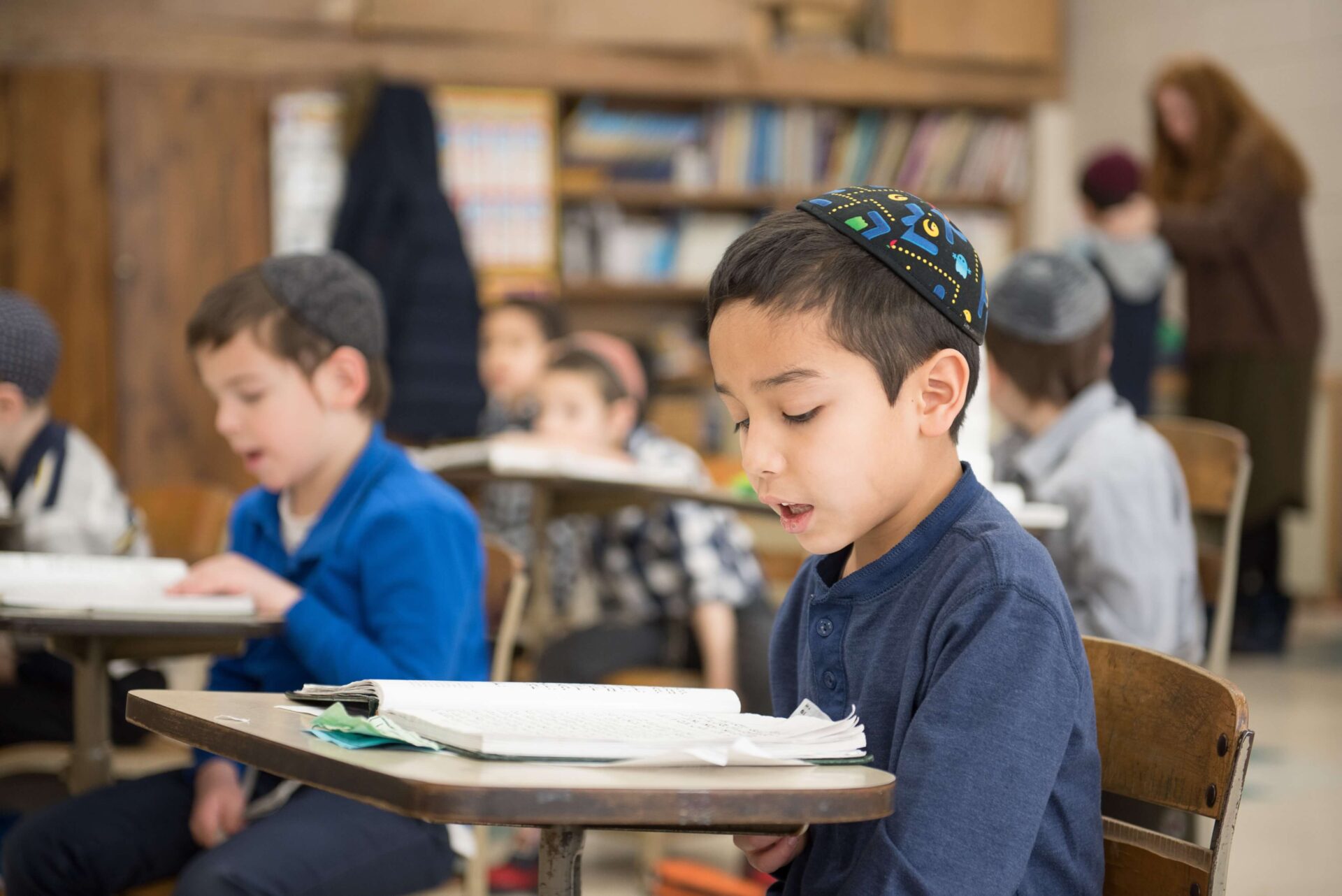Last Motzei Shabbos, close to 100 attendees joined the ATT for their 38th Annual Rabbi Isaac Mayefsky Memorial Lecture featuring the captivating speaker and author, Rabbi Moshe Revah, Rosh HaYeshiva at Bais HaMidrash LaTorah/HTC, Rav of Ohel Tefillah. His presentation, “Being a Positive influence on Our Teenage Children’s Growth: Balancing Parental Authority with Healthy Autonomy”, focused on strategies for effective parenting.
First, Rabbi Revah noted that to understand what strategies would be helpful, one needs to understand the dynamics of being a teenager. He described the stages of childhood. A baby starts as part of the mother, is born into a child-oriented world, and then enters a parent-oriented relationship. At the age of 12/13, the next process occurs – one of נערות (an awakening), i.e. adolescence. This stage lasts for about 7-8 years and during this time the teen forges his/her own path, a path of passion, dreams, energy, etc. Unfortunately, these traits are accompanied by a lack of wisdom, maturity, experience, and hormonal transitions. It is the parents’ job to channel this energy into creating an amazing independent person.
Why is this information important? Because it teaches parents what to expect from their teens. If parents know what to expect, they will react differently and relate in a more productive way.
His suggestions to help parents and teachers raise independent teens and keep them focused on Torah values included:
1. Listen to your teenager – their hopes and their fears. If you give them the opportunity to share, they will share. Spend time with them, at least 30 minutes per week.
2. Treat them with respect. This shows a child that the parent values him/her while the dynamic is changing as they start to exert their independence.
3. Don’t expect the teen to always be reasonable. Nevertheless, express your proper values and voice of reason. These lessons are being heard and will eventually shape who your teen becomes. Do the best you can. and provide a safety net of love even if your words do not appear to be heard.
4. Your job is to motivate, not control. Be a macro manager, as opposed to a micromanager. Allow freedom of growth and making mistakes. This will breed competence, responsibility, loyalty, and trust.
5. Allow and encourage individuality – educate your child on “his/her” path – not yours. חנוך לנער על פי דרכו, not yours. Don’t take credit for your child’s success.
6. Let your teen be part of the rule-making. Allow your teen to have choices in their part of the family dynamic.
7. Learn how to argue properly – keep the tone respectful, praise the positive, and do not engage with anger. Stop the conversation if it is out of control. Enforce a rule pleasantly – “I expect more from you,” “I understand you want this,” “I appreciate how you explained your points,” “This is the bottom line…” If it’s something the child will learn on their own from natural consequences, don’t give advice about the issue. Remember, no matter what you do, you can’t guarantee the results. Expect failures – this is natural in the growth process for all of us. You can always work on repairing relationships.
8. If a teen wants money/material possessions, discuss with him/her what the responsible needs of a teen are. You can divide the expenses with a baseline provided by parents, an allowance to teach budgeting, and the knowledge that this is a shared issue.
9. Explain the nuances of smoking, alcohol, marijuana, etc. Don’t make these things available but be aware of peer pressure. Treat your child like an adult and give him/her initial trust to make the right choices/decisions.
10. Recognize the opportunity to become better in middos yourself, especially in how you react.
11. Daven, daven, daven!
Rabbi Revah emphasized that raising children, especially a teenager, is one of the hardest and most rewarding things we can do. The goal is to raise our children to be another link in the chain of Hashem’s mesorah – tradition. They are independent beings, not clones of ourselves.
This lecture is part of the ATT’s expanded program designed to address the challenges of creative teaching and rewarding parenting. Over the years, it has become an excellent resource for parents and teachers of children of all ages.
